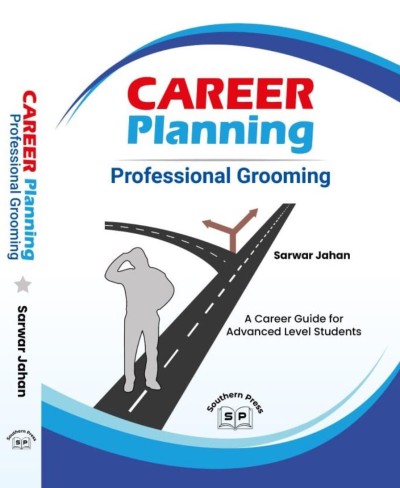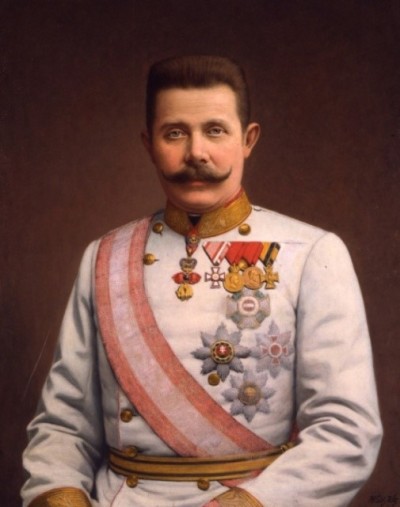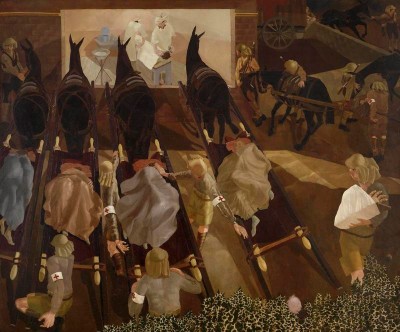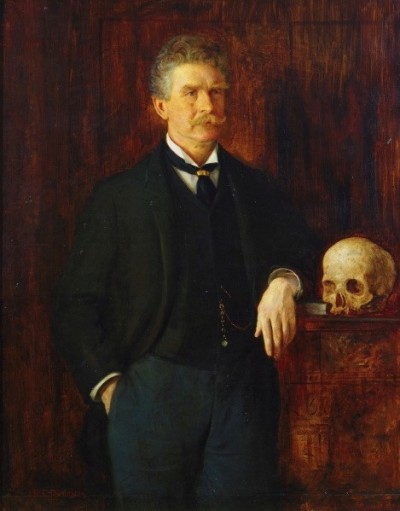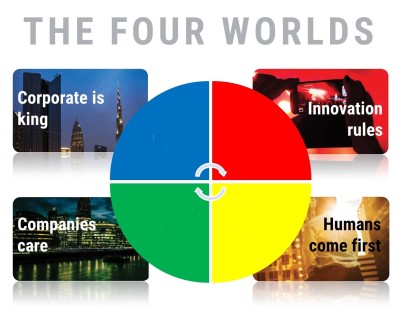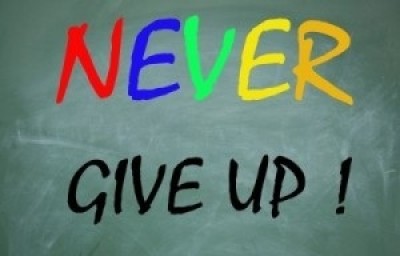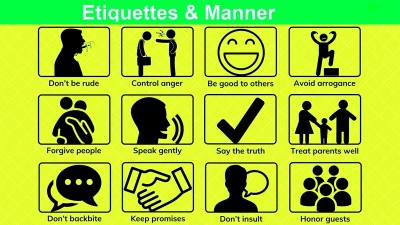Course description
Bringing up a better baby
 Benjamin Spock, the famous American pediatrician, comforted several generations of anxious parents in his best-selling ‘Baby and Child Care’. He wrote 'Your baby is born to be a reasonable, friendly human being'.
Benjamin Spock, the famous American pediatrician, comforted several generations of anxious parents in his best-selling ‘Baby and Child Care’. He wrote 'Your baby is born to be a reasonable, friendly human being'.
Today's parents are not sure this is enough. There is a growing number of professional parents with obsessive ambitions for their children. They are giving their lives to create brilliant children. The Age of Spock is over! Why have a 'normal' baby when you can have an improved model, a 'Better Baby’?
In the world of baby care, common sense has given way to competition. The Better Baby Institute was founded by an American called Glenn Doman. Four to six times a year the Institute opens its doors to a group of about eighty parents who have paid $4,900 each for a seven-day seminar called 'How to multiply your baby's intelligence'.
 After studying children for over forty years, Doman has developed an apparently brilliant and idiosyncratic brand of science that mixes developmental psychology, neurology and anthropology. He introduces the parents to his '89 Facts for Making Any Baby into a Superb Human Being'.
After studying children for over forty years, Doman has developed an apparently brilliant and idiosyncratic brand of science that mixes developmental psychology, neurology and anthropology. He introduces the parents to his '89 Facts for Making Any Baby into a Superb Human Being'.
Fact No. 6: 'Our individual genetic potential is like Leonardo da Vinci’s, Mozart’s, Michelangelo’s, Edison’s and Einstein’s.' Doman claims that up until the age of six, when brain growth slows, a child's intellectual and physical abilities will increase in direct proportion to stimulation. So, any child, given the proper stimuli, can become the next Leonardo.
 Fact No. 26: 'Tiny kids would rather learn than eat.' Doman claims that they'd prefer to study Greek than baby talk, because higher levels of complexity offer more stimulation. He makes the average adult seem like a snail in comparison with a two-year-old. 'Every kid,' he says, 'learns better than every adult'. Parents at the Better Baby Institute learn to regard their crying, vomiting infants with awe.
Fact No. 26: 'Tiny kids would rather learn than eat.' Doman claims that they'd prefer to study Greek than baby talk, because higher levels of complexity offer more stimulation. He makes the average adult seem like a snail in comparison with a two-year-old. 'Every kid,' he says, 'learns better than every adult'. Parents at the Better Baby Institute learn to regard their crying, vomiting infants with awe.
The question is now about technique. How can parents create the kind of brain growth that leads to expertise in reading, maths, gymnastics, and so on? Say you want to teach your six-month-old how to read. Write down a series of short, familiar words in large, clear letters on flashcards. Show the cards to your infant five or six times a day, at the same time reading the word written on each one. With his extraordinary memory, he'll soon be learning hundreds of words, then phrases. The idea is to try to treat the baby's mind as a sponge. By the age of three, Doman guarantees, your child will be entertaining himself and amazing your friends by reading everything in sight.
 In the same way, he can learn to perform mathematical tricks, or thoughtfully to analyze the works of great artists or classical composers. Doman refuses to prove his claims to the scientific community; he's happy, he says, as long as parents are convinced. These Professional Mothers (it is usually the mother) turn out to be paragons. Attractive young Mrs. Di Battista printed up 9,000 flashcards for five-year-old Michael. Mrs. Pereira patiently explained that she took time off from her all-day routine of teaching eleven-year-old Josh to spend several weeks making Josh's French and Spanish flashcards for the coming year. Wasn't Josh lonely? 'No', his proud mother replied. He was 'socially excellent'.
In the same way, he can learn to perform mathematical tricks, or thoughtfully to analyze the works of great artists or classical composers. Doman refuses to prove his claims to the scientific community; he's happy, he says, as long as parents are convinced. These Professional Mothers (it is usually the mother) turn out to be paragons. Attractive young Mrs. Di Battista printed up 9,000 flashcards for five-year-old Michael. Mrs. Pereira patiently explained that she took time off from her all-day routine of teaching eleven-year-old Josh to spend several weeks making Josh's French and Spanish flashcards for the coming year. Wasn't Josh lonely? 'No', his proud mother replied. He was 'socially excellent'.
What does Dr. Benjamin Spock think of the better baby? Like most people in their eighties, he thinks the world has gone to hell; he argues that competition is putting too much pressure on most Americans, especially young people, and blames 'excessive competition' for the extraordinary rise in teenage suicide over the last twenty years. Efforts to improve infants' cognitive abilities only prove to him that the fight for success has finally invaded the cradle.

 Benjamin Spock, the famous American
Benjamin Spock, the famous American  After studying children for over forty years, Doman has developed an
After studying children for over forty years, Doman has developed an  Fact No. 26: 'Tiny kids would rather learn than eat.' Doman
Fact No. 26: 'Tiny kids would rather learn than eat.' Doman  In the same way, he can learn to perform mathematical tricks, or thoughtfully to analyze the works of great artists or classical composers. Doman refuses to prove his
In the same way, he can learn to perform mathematical tricks, or thoughtfully to analyze the works of great artists or classical composers. Doman refuses to prove his 




